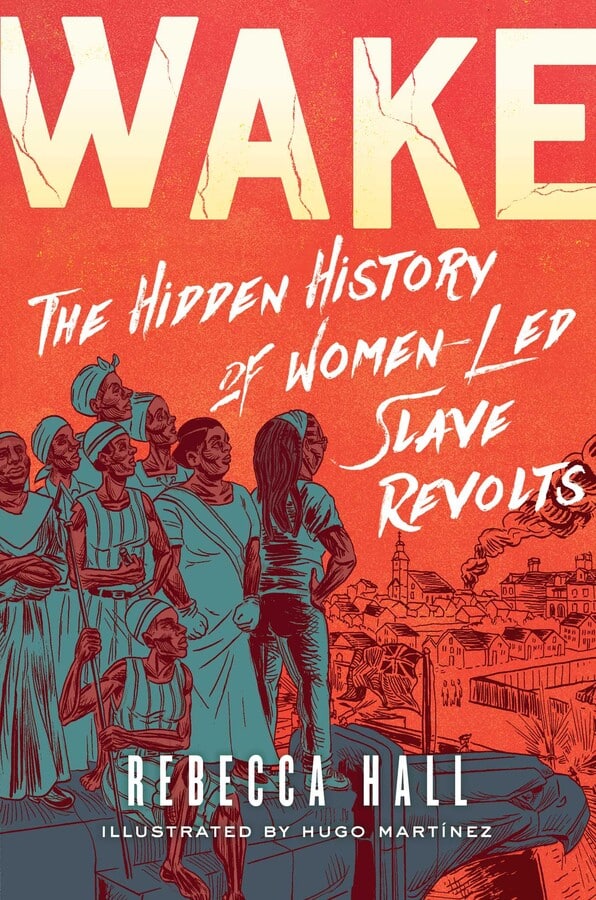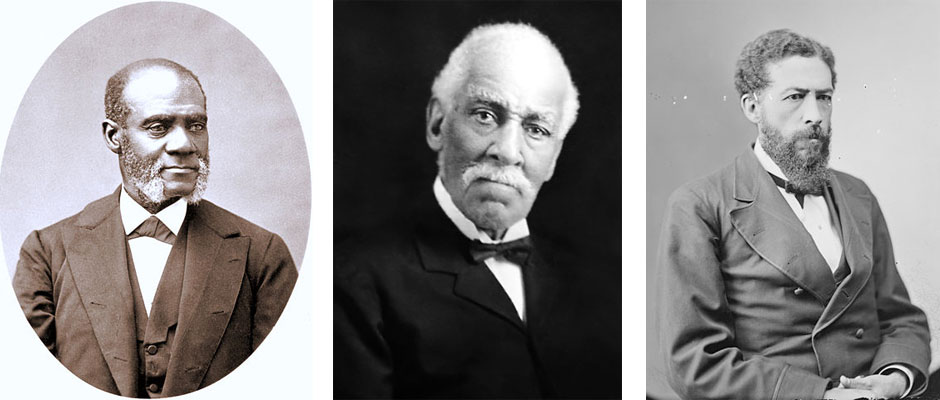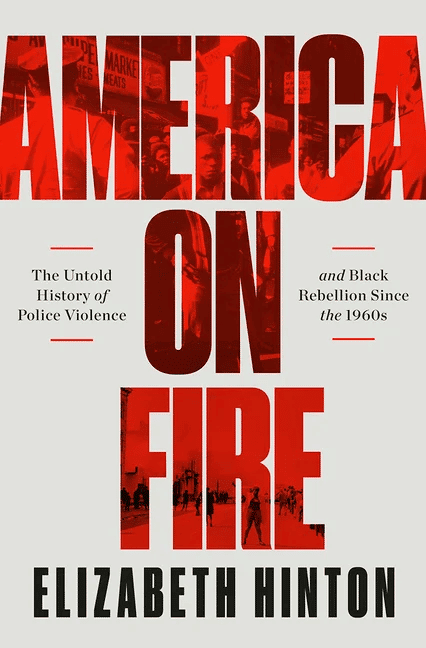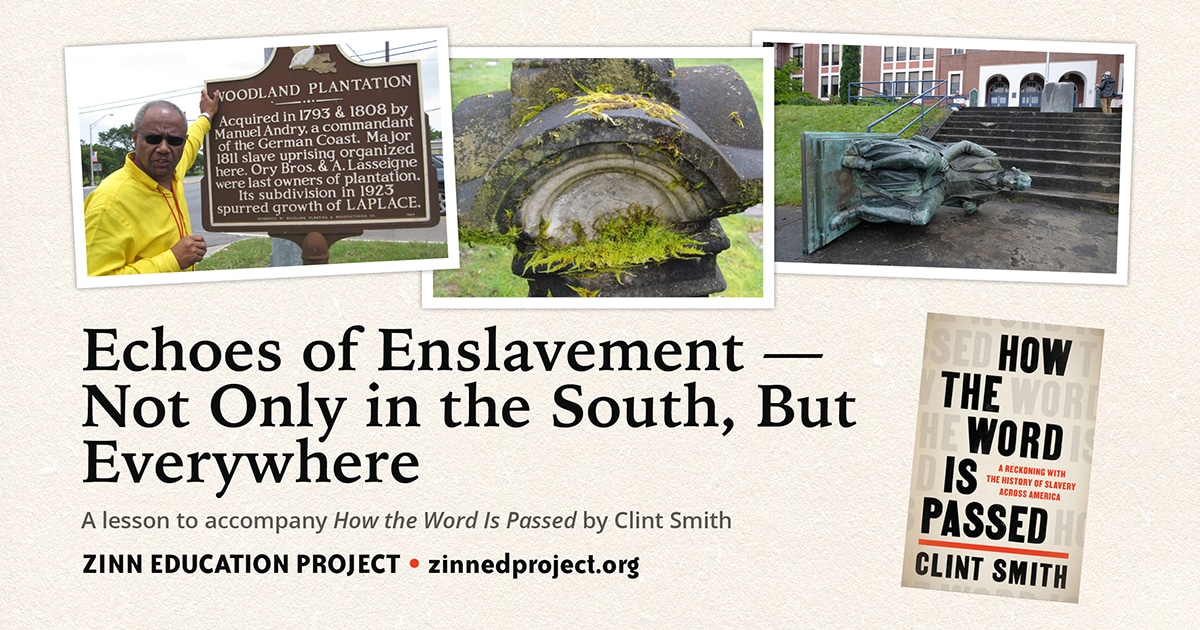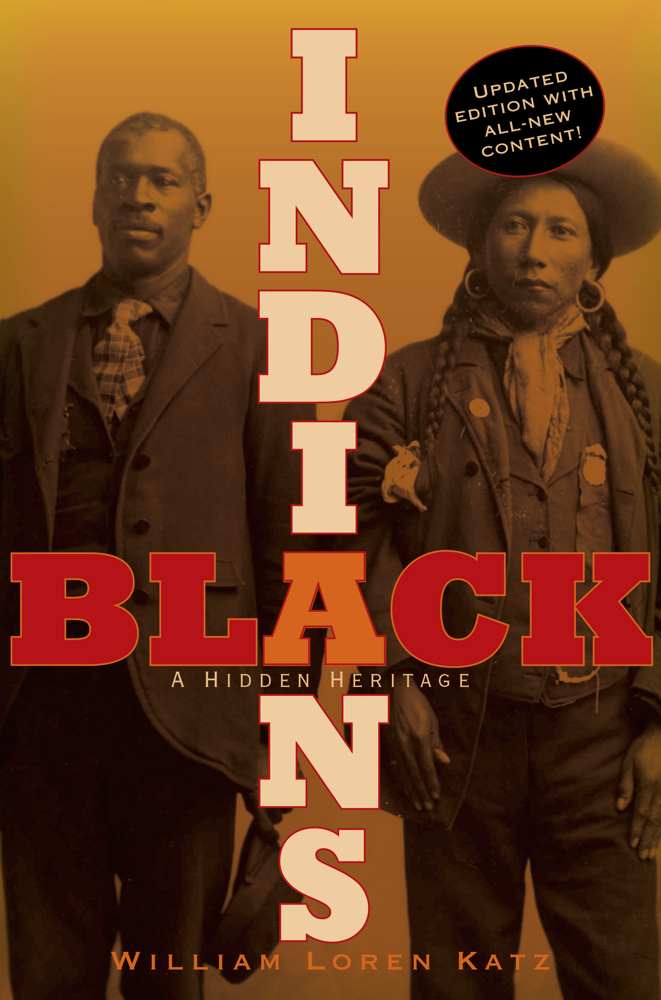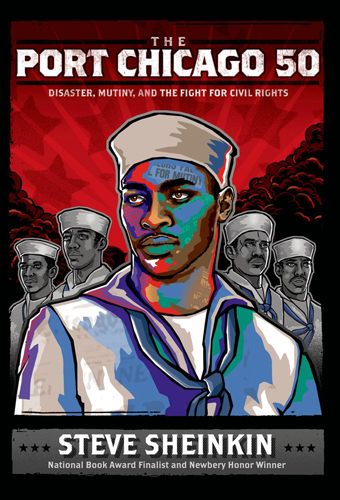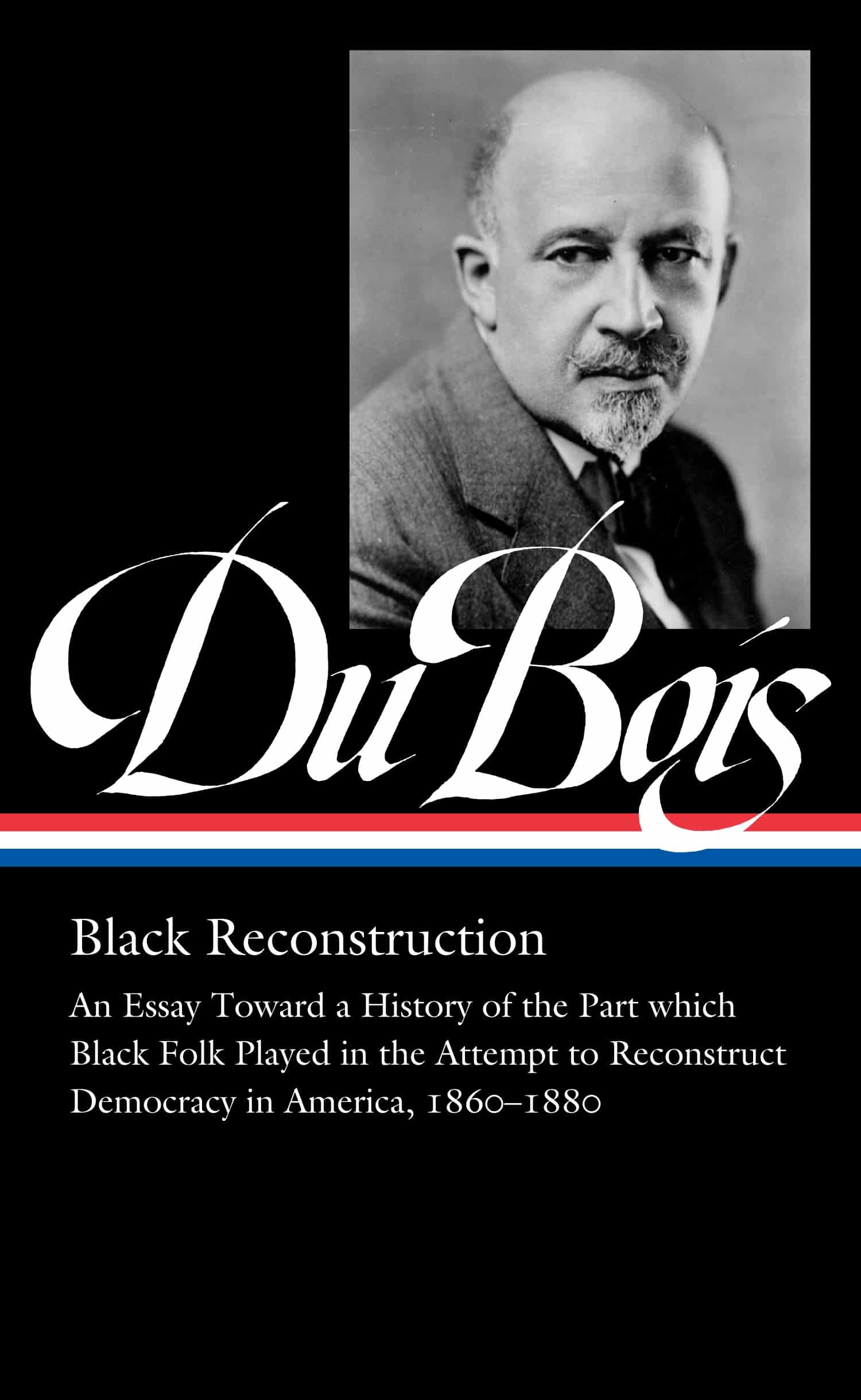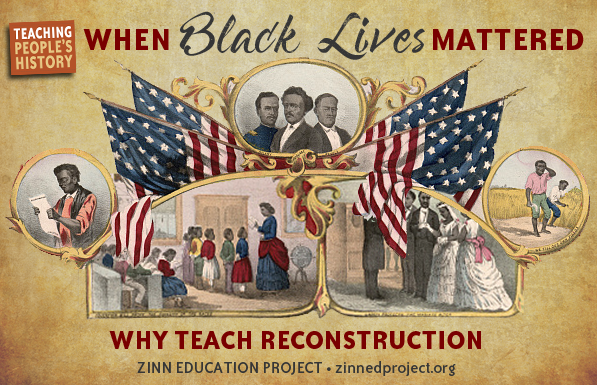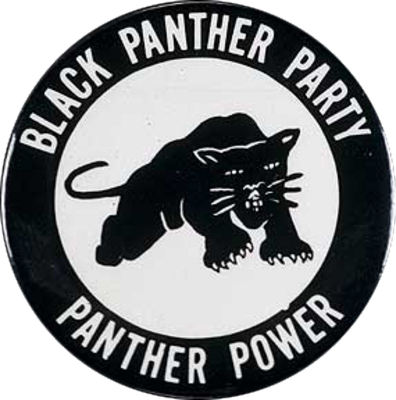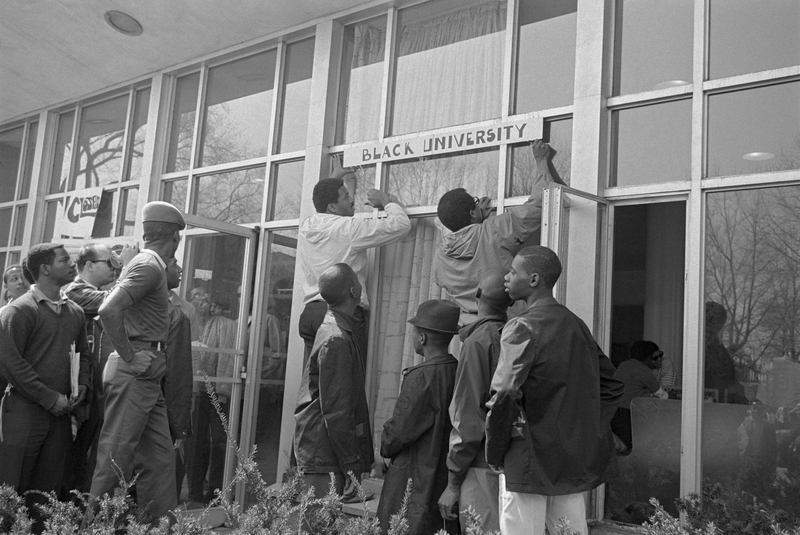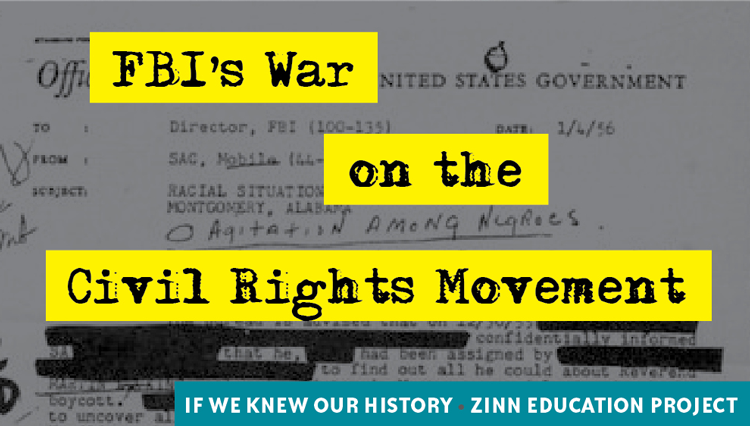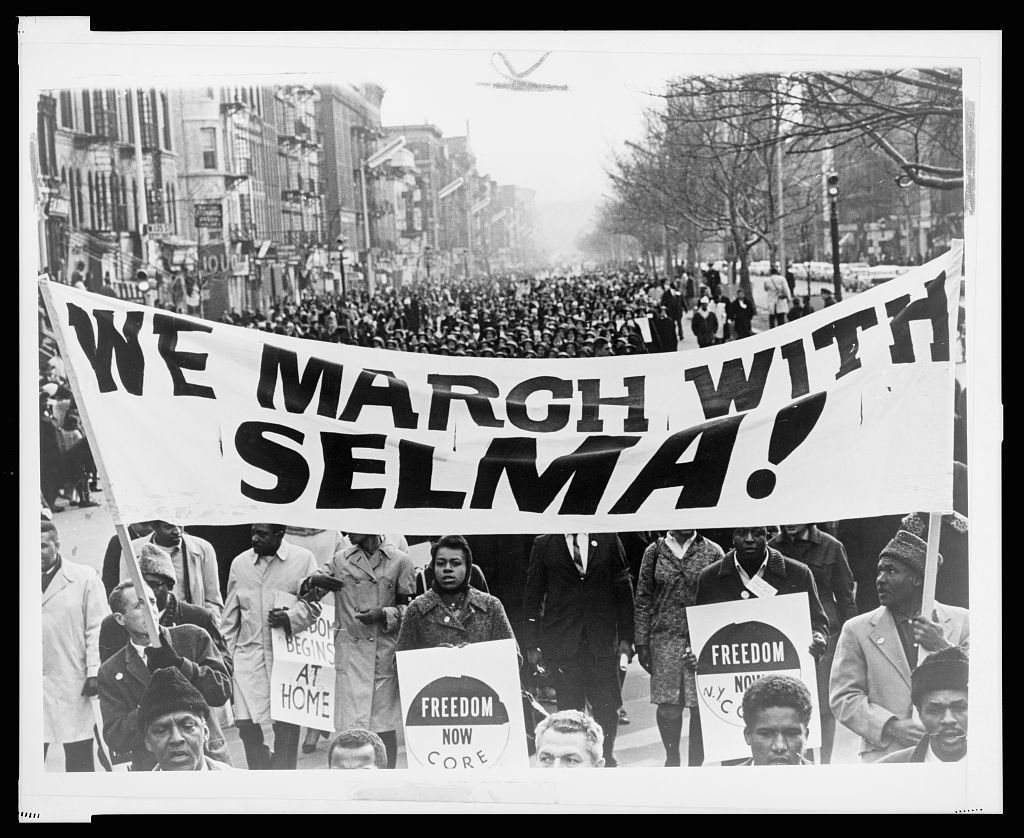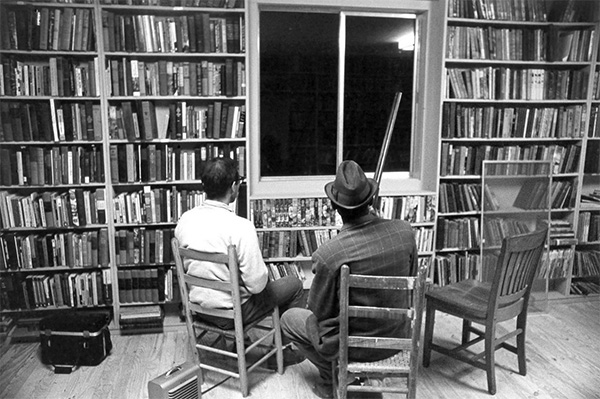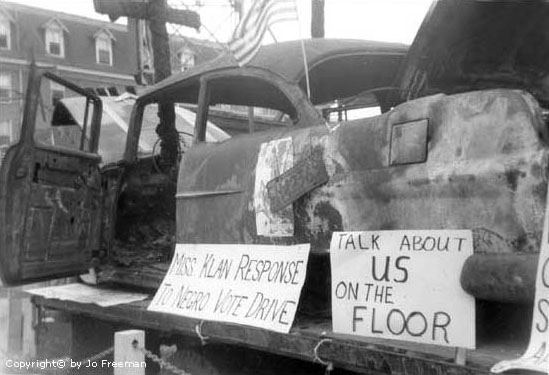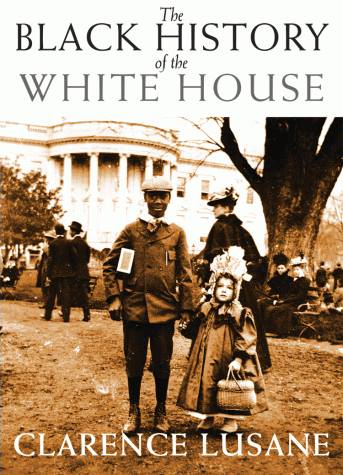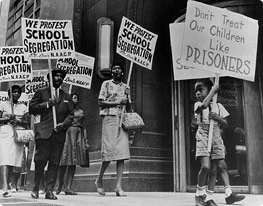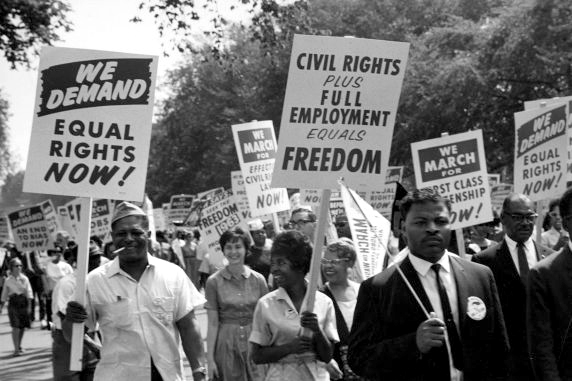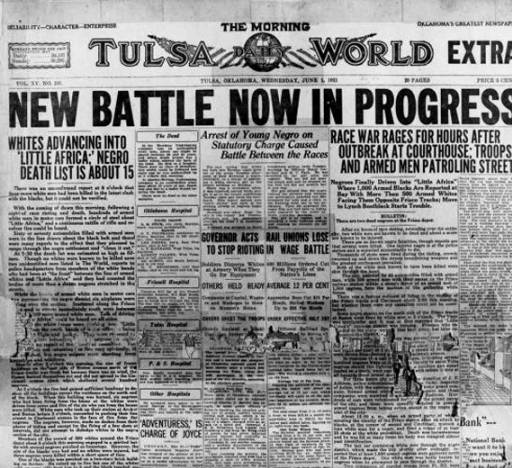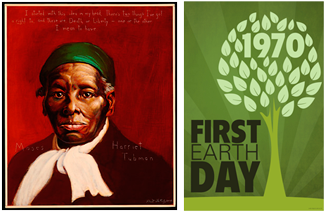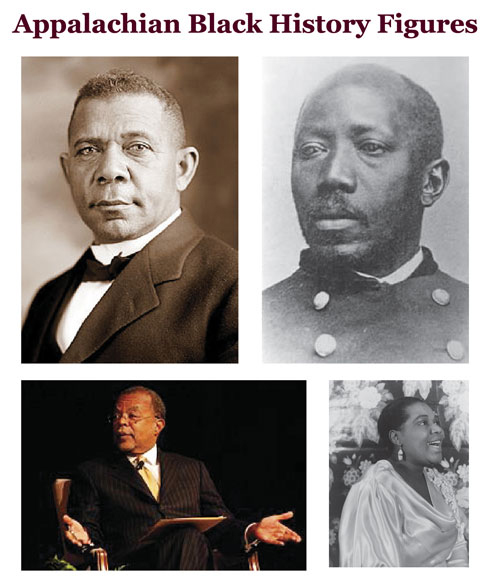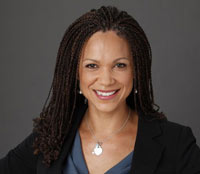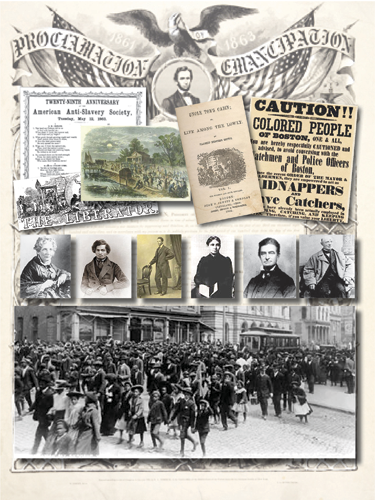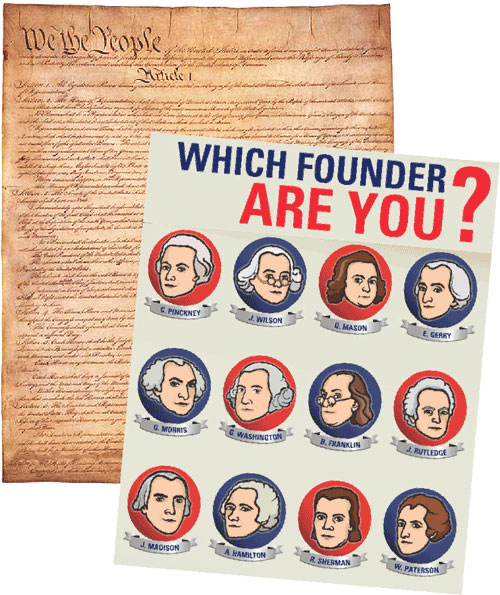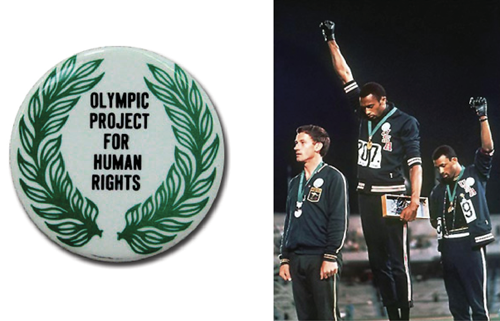Book — Non-fiction. By Rebecca Hall. Illustrated by Hugo Martinez. 2021.
Rebecca Hall documents the process of her own research — and what she learned — about women who organized to challenge slavery. In graphic novel format.
Continue reading
A meeting was held in New York of abolitionists to address the injustice of continued slavery in Cuba.
Continue reading
Book — Non-Fiction. By Elizabeth Hinton. 2021. 224 pages.
The rebellion and movement for Black lives of 2020 had clear precursors, this book explains, and any attempt to understand that crisis requires a reckoning with the recent past.
Continue reading
Teaching Activity. By Ursula Wolfe-Rocca.
Students discover “echoes of enslavement” in their own state — discrete sites of remembering, forgetting, honoring, lying, or distorting — in this lesson based on the book How the Word Is Passed by Clint Smith.
Continue reading
Book — Non-Fiction. By Kekla Magoon. 2021.
An account of militant revolutionaries and human rights advocates working to defend and protect their community.
Continue reading
Book — Non-fiction. By William Loren Katz. 2012. 272 pages.
History book for ages 10 to adult that traces relations between Blacks and American Indians since the time of the conquest.
Continue reading
Book — Non-fiction. By Steve Sheinkin. 2014. 208 pages.
The story of 50 African American sailors charged with mutiny during World War II for challenging working conditions after a deadly munitions explosion.
Continue reading
Book — Non-fiction. By W. E. B. Du Bois. Edited by Eric Foner and Henry Louis Gates. 2021. 1097 pages.
Originally published in 1935, Du Bois’ Black Reconstruction was the first book to challenge the prevailing racist historical narrative of the era and in sharp, incisive prose, tell the story of the Civil War and Reconstruction from the perspective of African Americans.
Continue reading

